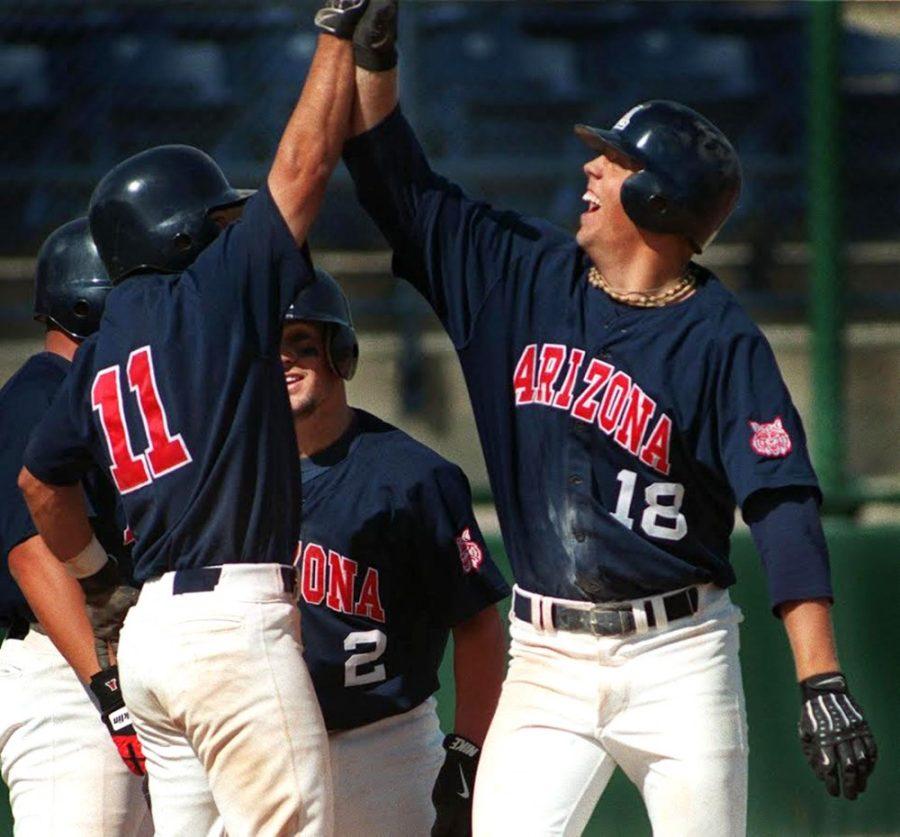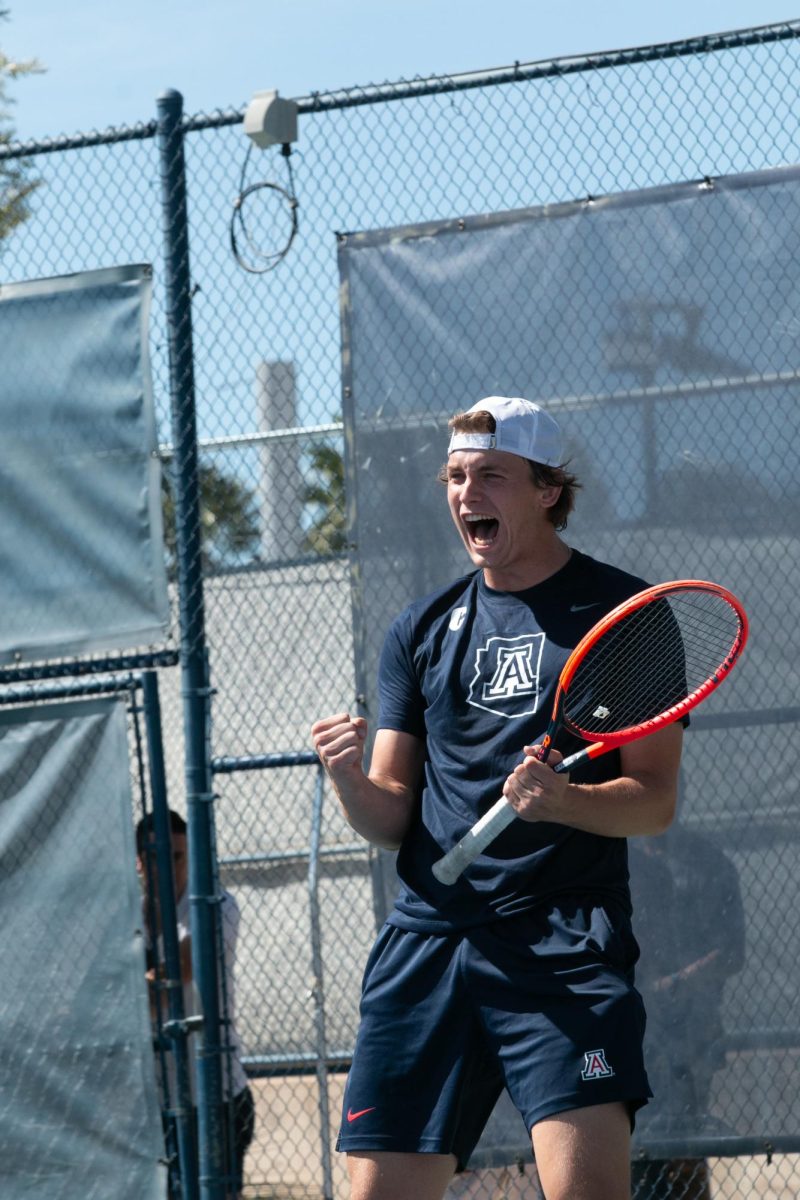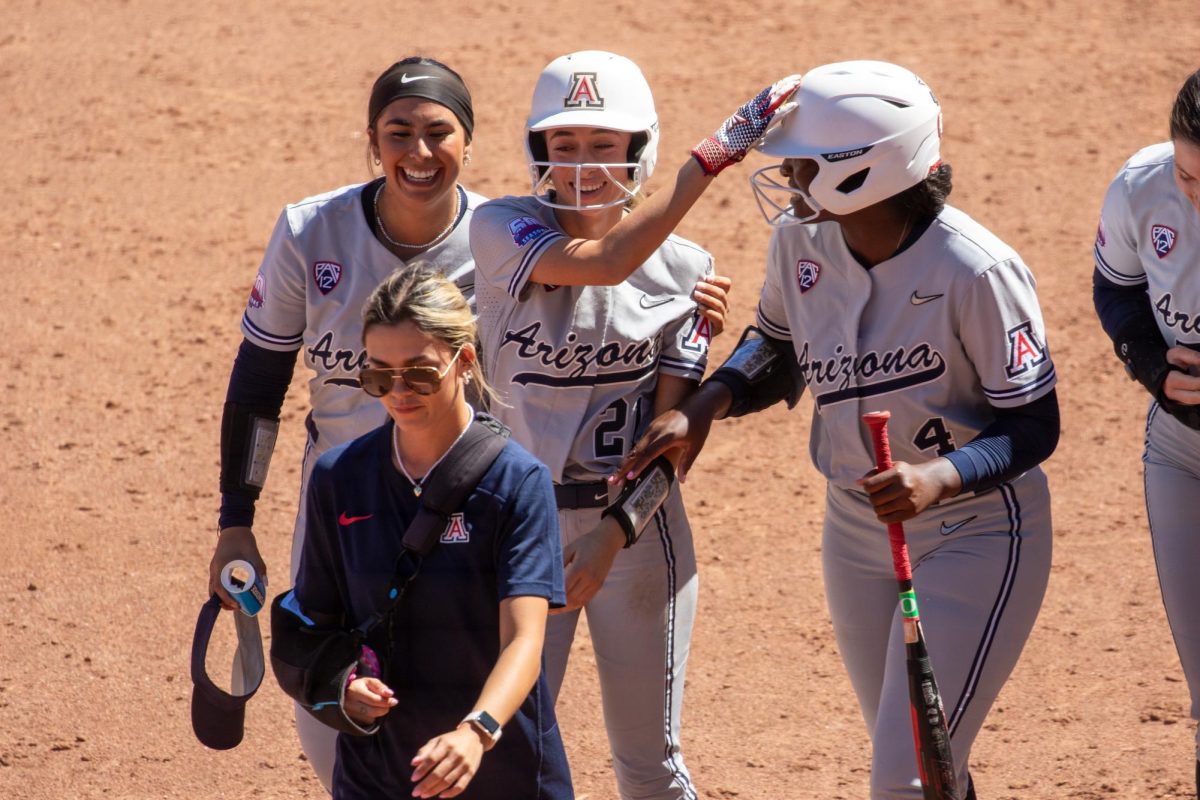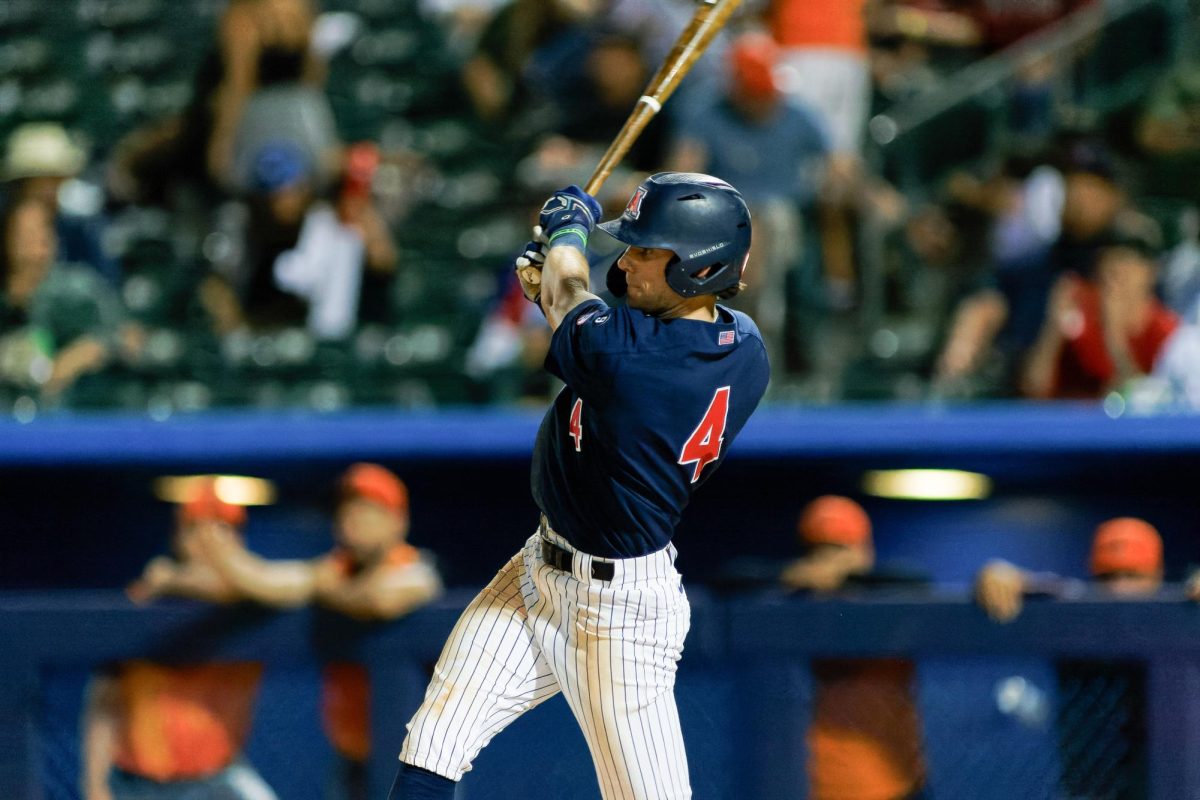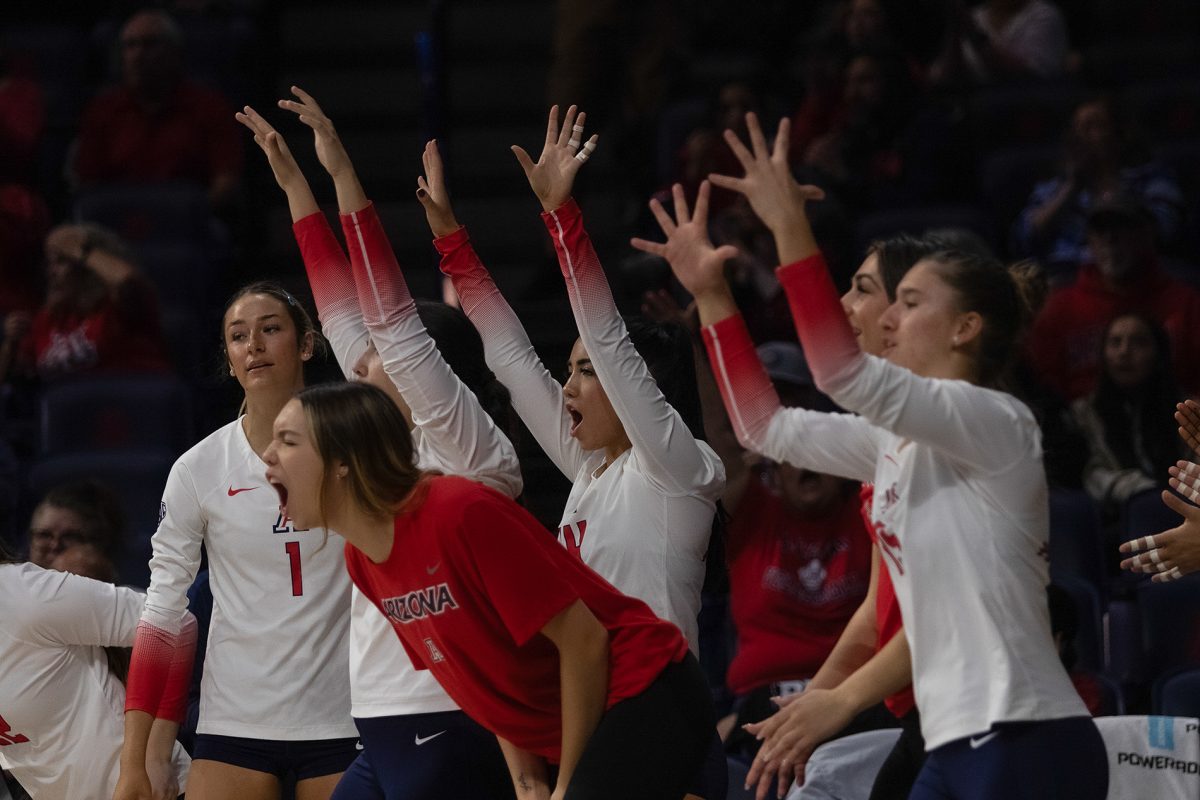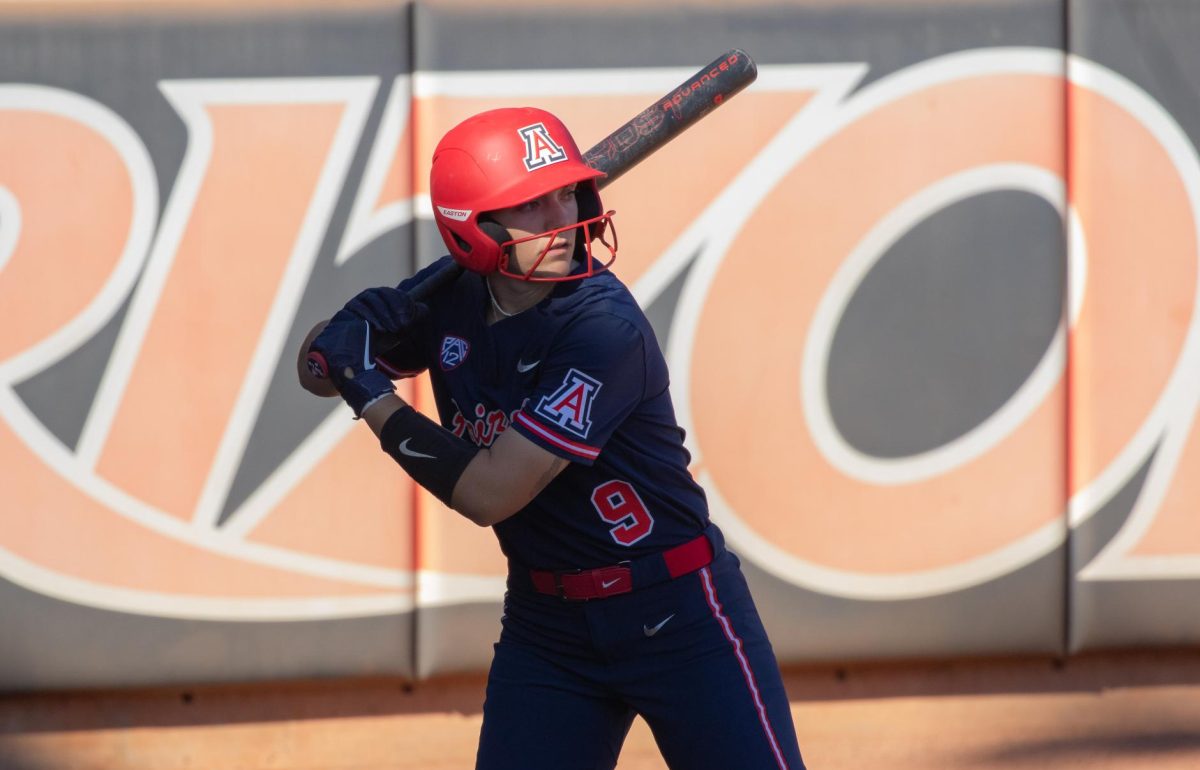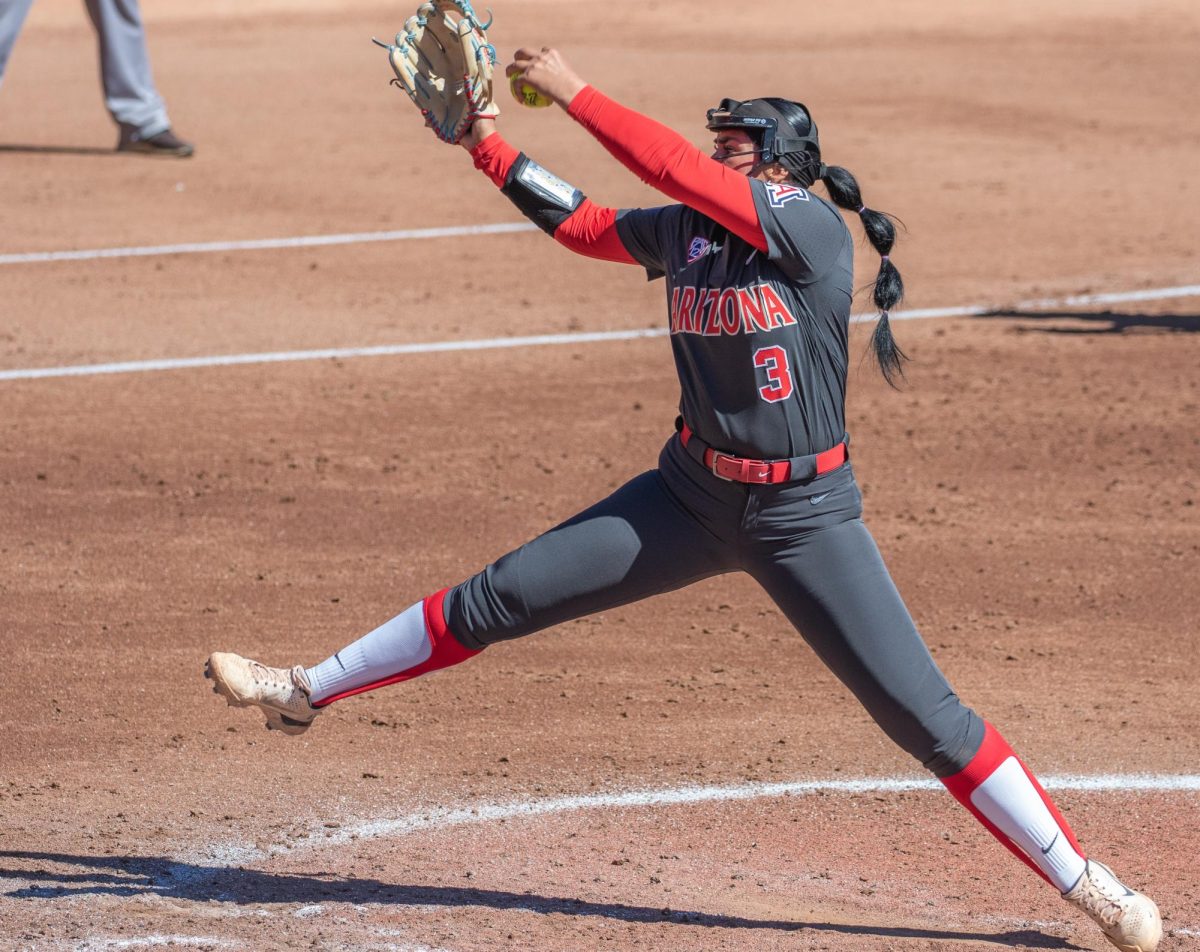Last month, Arizona baseball announced the addition of former Wildcat and Major League veteran Shelley Duncan to its coaching staff as an undergraduate assistant.
Duncan will be working primarily with hitters and outfielders as the program looks to rebound and rebuild after a lackluster season last year. In addition to coaching, he will also be taking courses to complete his undergraduate degree.
Duncan, a Tucson native, played for Arizona between 1999 and 2001 where he gained a reputation for driving the long-ball. 30 percent of his college hits came by way of home runs (55 career home runs out of 183 career hits, and he still stands as the program’s all-time home run leader.
After his junior year, Duncan was drafted in the second round with the 62nd overall pick of the 2001 MLB Draft by the New York Yankees.
He debuted in the Majors in 2007 for New York, and over the next seven seasons also saw time with the Cleveland Indians and Tampa Bay Rays. He played a total of 330 MLB games and ended his professional career with exactly 200 career hits, batting .226 over 885-plate appearances.
The Arizona Summer Wildcat got a chance to sit down with Duncan and ask him a few questions:
Arizona Summer Wildcat: What made you want to return to your alma mater after your Major League career came to a close?
Duncan: I already had a pretty good idea that I wanted to coach at some point down the road. I have a desire to manage professionally and possibly collegiately. One thing that’s keeping me short of that is a college degree. Anything you want to do with college baseball, you need a degree, and I’m a year or so short. So I think the timing is great — there’s an opening here and coach [Andy] Lopez and I talked about it. Mostly, it’s giving me a chance to finally sit down and be with my family and be home for a year straight at least and go from there. It’s a really good feeling and I really feel confident that it’s the best thing to do to start off the next chapter of my life.
How are you planning on approaching your first season of coaching? Is there anything in particular you wish to accomplish this upcoming year?
I really want to do whatever I can to make these guys better baseball players. You know, by the time the season is over, I want them to be better both physically and mentally; I want them to understand the game at a better level and be successful on the field and off the field. I want to be a good influence on them. From a coach’s standpoint, that’s what I look for, but there’s a lot to learn in this time.
Offensively, college baseball is not what it was when you played. In your opinion, was the NCAA’s choice to implement BBCOR bats a smart move? Why or why not?
I think they went too far with it, I really do. Overall, you want there to be a fair game at any level, not only for safety reasons, but for entertainment reasons as well. People like to see close competitive games. They don’t like to see blowouts, but they don’t like to see hitters not having a shot. Every time I come back and see these guys using these bats, I feel for them. When you come and see a game, you want to see a three, four or five hitter pop one out of the park. It’s not a whole lot of fun when you’re watching the cleanup hitter sacrifice a guy over. But that’s what the game is right now and the NCAA definitely put it in this position.
What was the fondest memory of your collegiate career?
We had the chance to go to a postseason my freshman year, but the things you really remember is the camaraderie. The hard practices, the nights out, the combination of both. Those things, still, when we all get together, those are the stories that last forever.
— Follow Evan Rosenfeld @EvanRosenfeld17



